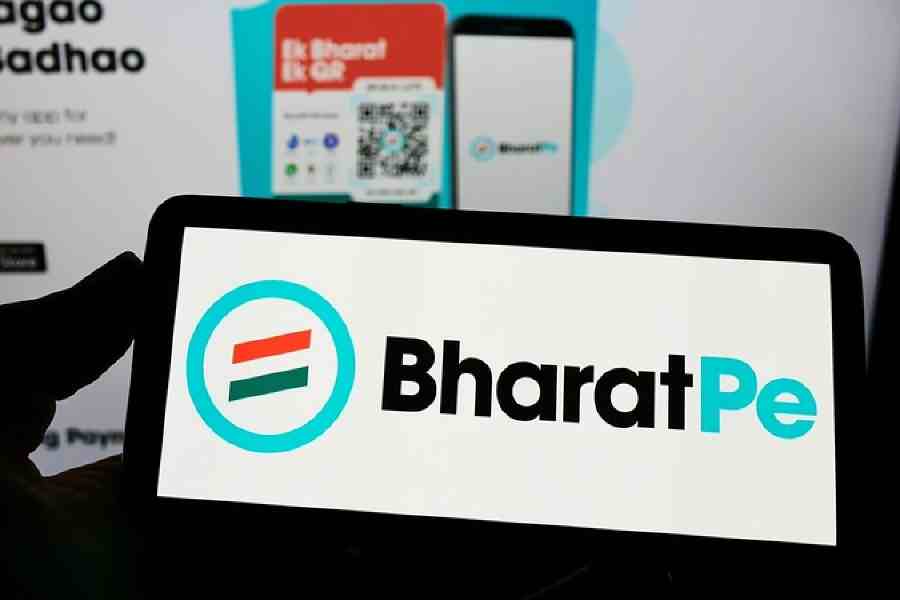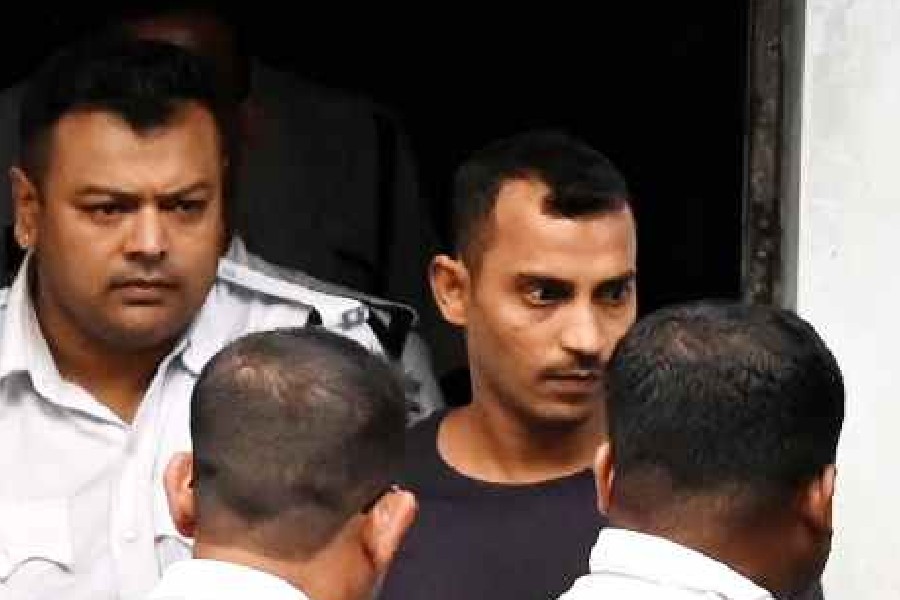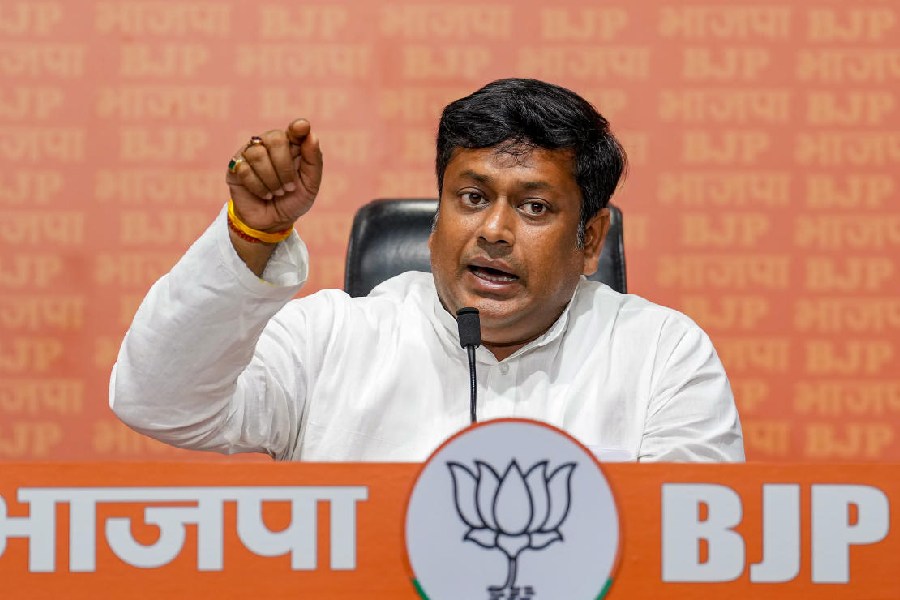A judge of the High Court of Jammu & Kashmir and Ladakh has warned against the frequent invocation of “internal security” to prevent bail in anti-terror UAPA cases in the region, calling it a “bogey” often used to overawe judges.
Justice Atul Sreedharan quoted French thinker Voltaire: “Beware of the words ‘internal security’, for they are the eternal cry of the oppressor.”
The judge made the observation while granting bail to Anantnag resident Khursheed Ahmad Lone, who has been in detention since October 2022 under the stringent
clauses of the Unlawful Activities (Prevention) Act. Lone has cancer.
Justice Sreedharan has earned praise for his “hard-hitting” judgment against the alleged jackboot tactics of the administration.
Justice Mohammad Yousuf Wani, the other judge on the bench, distanced himself from the explosive observations while agreeing to the “decision of merits and conclusion drawn” in allowing Lone’s appeal for bail.
Jammu and Kashmir wears the dubious crown of having registered the highest number of UAPA cases in the country. The 2022 report of the National Crime Records Bureau (NCRB) put the number of UAPA cases in Jammu and Kashmir that year at 371, out of 1,005 in the country.
“The question of internal security may be real, or a bogie which the State attempts to compel the court to believe as real, by impressing upon the court on aspects of internal/ national security and thereby try to get the court to dismiss the application for bail by contending that the imperatives of internal security demand that the accused remain incarcerated even in the absence of judicially cognisable material against the accused only because there is a suspicion that the accused may be involved in the offence as charged,” Justice Sreedharan said in an order last week.
“An overbearing subliminal belief in the primacy of internal security of the State in the subconscious mind of the judge could result in the inadvertent oppressive application of a draconian law resulting in the denial of liberty, unsupported by judicially cognisable material. The words of the French thinker Voltaire on internal security are relevant....”
Justice Sreedharan also observed that the “stock arguments” advanced in a UAPA case were that it was against the national interest to let the appellant out on bail as he might interfere with the judicial process and that his release would be counter-productive for the unity and integrity of India.
“These arguments are ‘copy-paste’ in every case of UAPA,” he said.
The judge said the main thrust of the Union Territory administration was to overawe the court by bringing in elements of national security, nationalism, allegiance to Pakistan (of the accused), radical Islam and Islamism (as the influence on the accused), and the secession of Jammu and Kashmir from India and its accession to Pakistan (as the goal of the accused).
The judge said the court acknowledged these arguments as relevant to a UAPA case but they should be supplemental submissions in addition to the material raising the “prima facie” view that the accused may have committed the offence.










